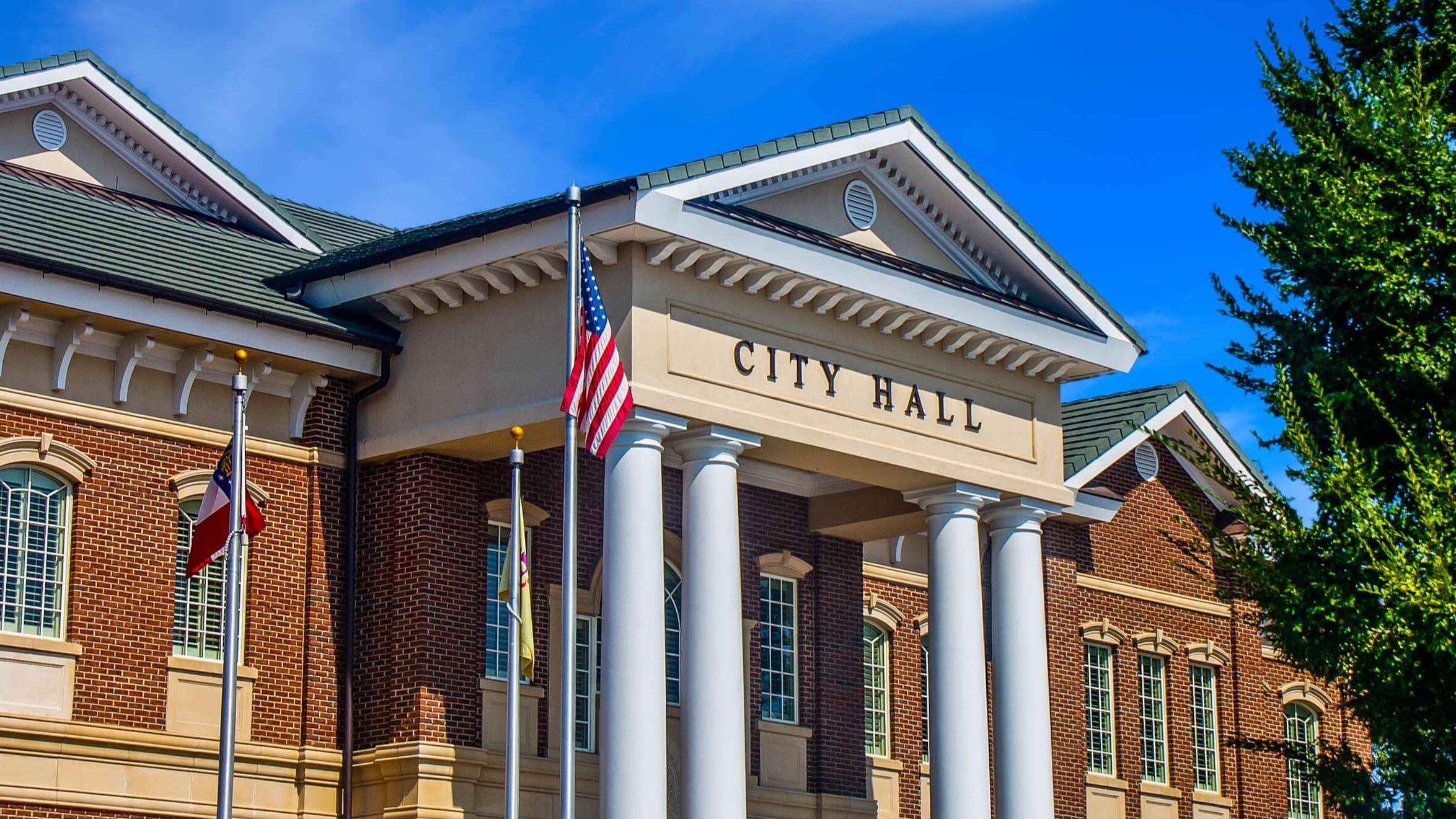Community Success Is Linked to City Council Effectiveness

Published in the Missouri Municipal Review Magazine Spring 2025
by Bill Stark and Scot Wrighton
Published in the Missouri Municipal League Magazine
All city councilmembers want to be effective in their roles, but not all succeed. This article focuses on three high-level essentials elected officials should consider as they strive to successfully lead their communities.
LeaderGov has been privileged to work with hundreds of local governments around the country and we have observed how successful and unsuccessful cities tend to operate. We have also observed how council effectiveness is closely linked to community success.
1. Good Councils Think Long-Term and Set Clear Goals and Norms for the Organization
We have been surprised to see many communities operate year to year without written strategic plans for where they want to go and how they plan to get there.
With periodic turnover in elected and key appointed offices, it can be difficult to obtain and retain operational policy consensus spanning multiple election cycles. We strongly recommend that city councils schedule (yearly or every other year) a full-day work session to:
-
Make council decisions about budget and operational priorities, establish behavioral and use-of-time norms, and improve collaborative decision-making.
-
Clarify governing strategies, focus areas, and strategic community goals over a multi-year (at least five-year) planning horizon.
Effective long-term strategic planning is not about deciding which streets get paved next year. It asks and answers questions about what the city should look like in five or ten years, how to increase the level of investment in the community, improve local quality of life, and build on its assets.
These high-level strategic questions require the input, guidance, and wisdom of elected officials. An outline of a strategic planning process could include:
-
Establishment of a common purpose, vision, mission, and core values (to guide decision-making).
-
Identification of 3–4 priority areas that need specialized and timely incremental effort; a SWOT (strengths, weaknesses, opportunities, threats) exercise is a good way to garner input on key focus areas.
-
Development of strategic goals aligned to those focus areas—with deadlines, assigned work groups, approved budgets, and clarity of intended outcomes.
-
Delineation of ways for staff to communicate progress and roadblocks on these goals. We recommend an online system or visual milestone document to easily observe progress toward key goals.
Without a focus on long-term strategic thinking and planning, many cities simply muddle through short-term concerns. Without direction, hope in the future, ambition, or a long-term unifying purpose, cities wither. The proverb is true: “Where there is no vision, the people perish.” Lack of long-term vision and strategy not only saps energy and vibrancy from your community—it also reduces council effectiveness.
Another key norm to establish is the distinct roles of elected officials and the city’s professional staff. In general, the council’s role is to set policy and long-term strategic direction for the community. The staff’s role is to implement the desires of the elected officials. However, sometimes ambitious or well-intentioned elected officials move beyond those boundaries and inadvertently create confusion and friction by interacting and interjecting directives at the staff level.
In our work with cities, the best practice tends to be a clear separation between the staff and council in day-to-day decision-making. Going around these norms often leads to confusion. Staff members flourish when they are given clear direction and the resources to do their jobs without micromanagement or over-management by elected officials.
2. Good Councils Are Comprised of Members Able to Work Well with Their Council Colleagues and with Staff
Staff members in your city not only want crystal-clear direction, but they also want your encouragement and support along the way.
If you want to make a difference in the productivity of your staff team—and directly impact organizational culture so that more people want to work for your city—we recommend certain types of staff support:
-
Directly acknowledge staff members when you see them.
-
Ensure that staff have the resources and training they need to be most effective.
-
Increase affirmation of staff at council meetings.
-
Express appreciation for the attitudes and energy staff members bring to their work.
Staff members don’t need trophies for doing their jobs, but when people go above and beyond—meeting citizen needs, finishing projects under pressure, finding cost savings, or responding to crises in extraordinary ways—they deserve appreciation and recognition. The axiom is true: you get more of what you recognize.
Statistically, appreciation affects future performance almost 40% more than simple recognition of a job well done on a single project. That’s a high ROI for something as simple as genuine appreciation.
Effective councils not only respect and appreciate staff, but they also respect and appreciate fellow councilmembers—regardless of political or policy differences. Getting along with people you agree with is easy; running civil and productive public meetings with those you disagree with is harder, but it is the mark of an effective council. Accepting feedback and free expression—if offered with civility and respect—while finding procedural ways to calmly resolve conflict fosters trust and shared leadership. These are essential components of leadership and civic success.
3. Effective Council Meetings Are Civil, Affirm the Democratic Process, and Serve as the Touchstone of Larger Citizen Engagement Strategies
In our polarized society, council meetings can easily become mean-spirited and divisive. Just Google “dysfunctional city council meetings” and see for yourself. These local councils are never effective. Even with well-written council procedure policies, meetings can only be productive when they prioritize constructive council and citizen engagement.
Many cities have strong public outreach strategies—social media presence, town hall meetings, citizen surveys—but if council meetings are dysfunctional, then local engagement often ends up imitating that dysfunction.
We wish you the best as you take time to focus on how to set long-term strategy, support your staff team, and maintain civil engagement with one another.
Bill Stark is Co-Founder of LeaderGov (Georgia).
Scot Wrighton is Senior Management Consultant of LeaderGov (Illinois/Missouri).

